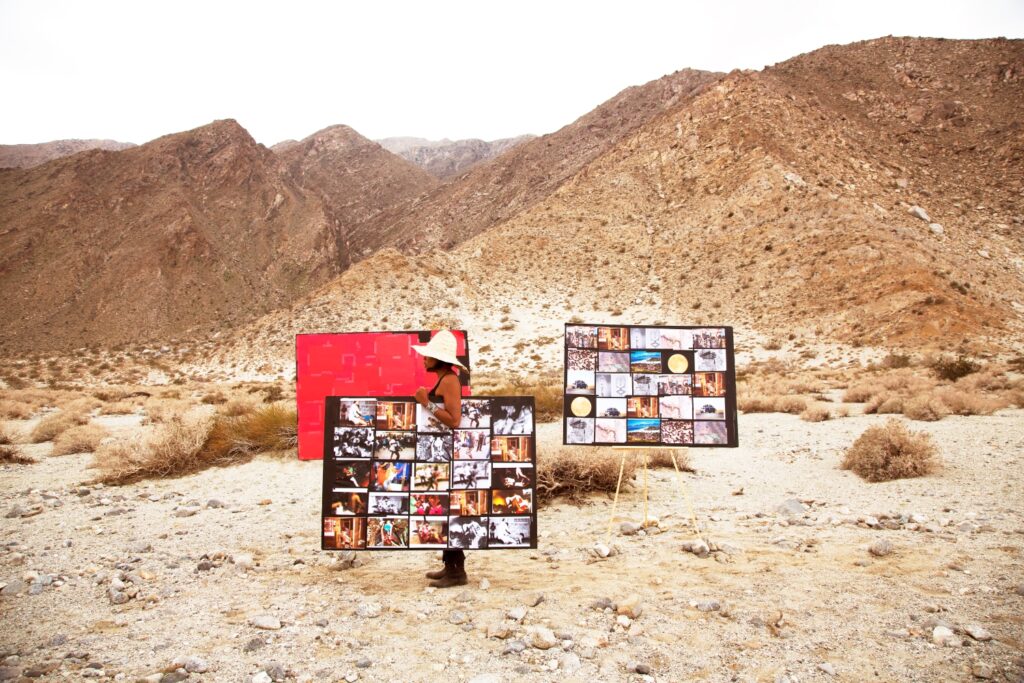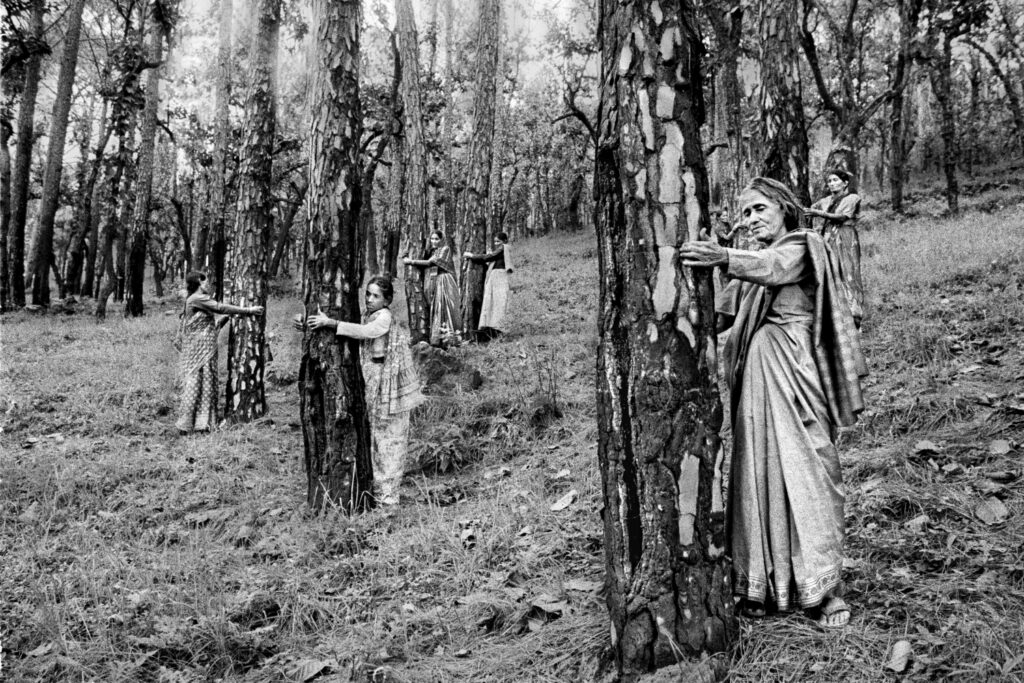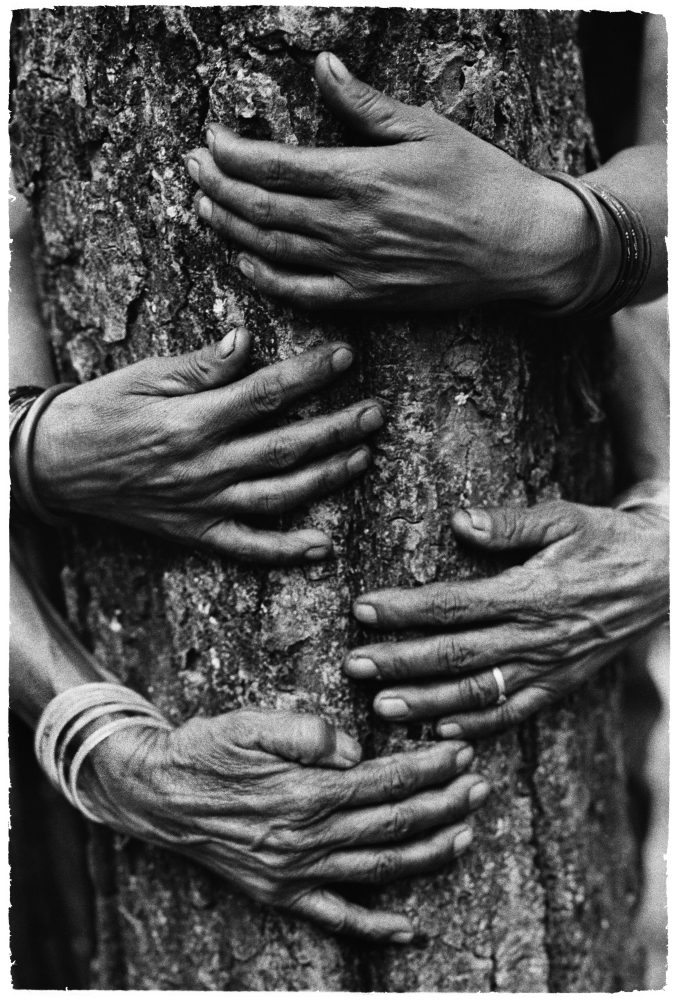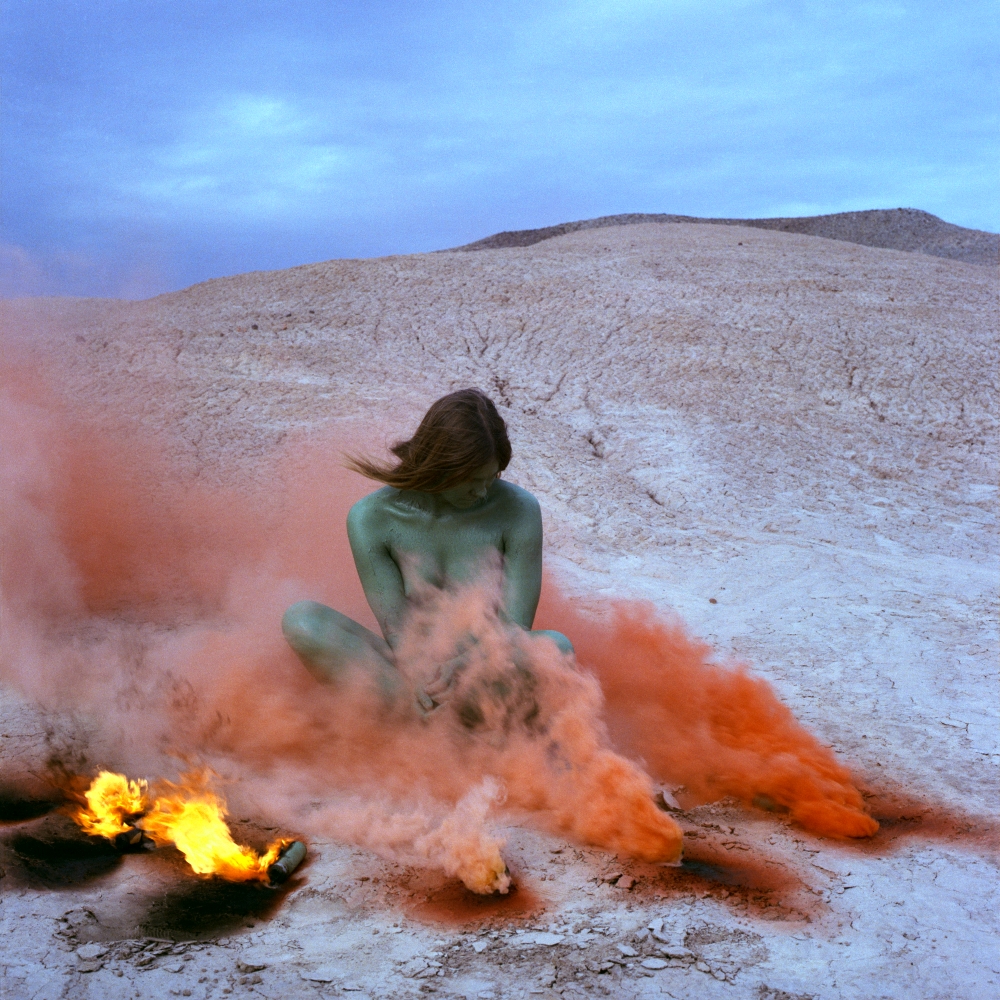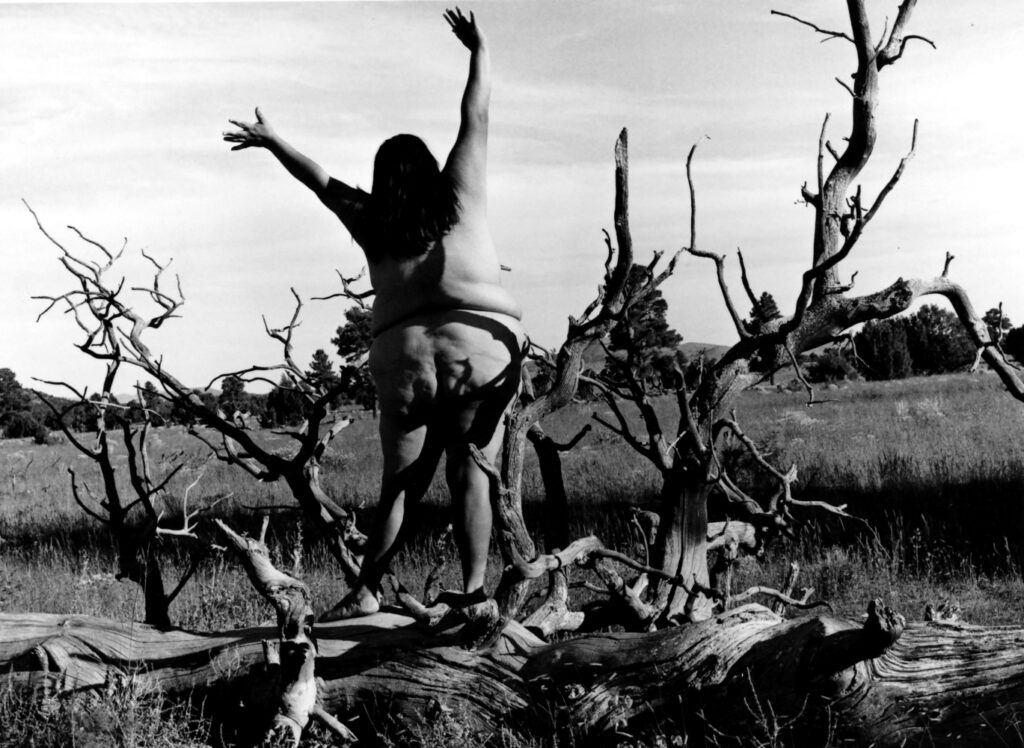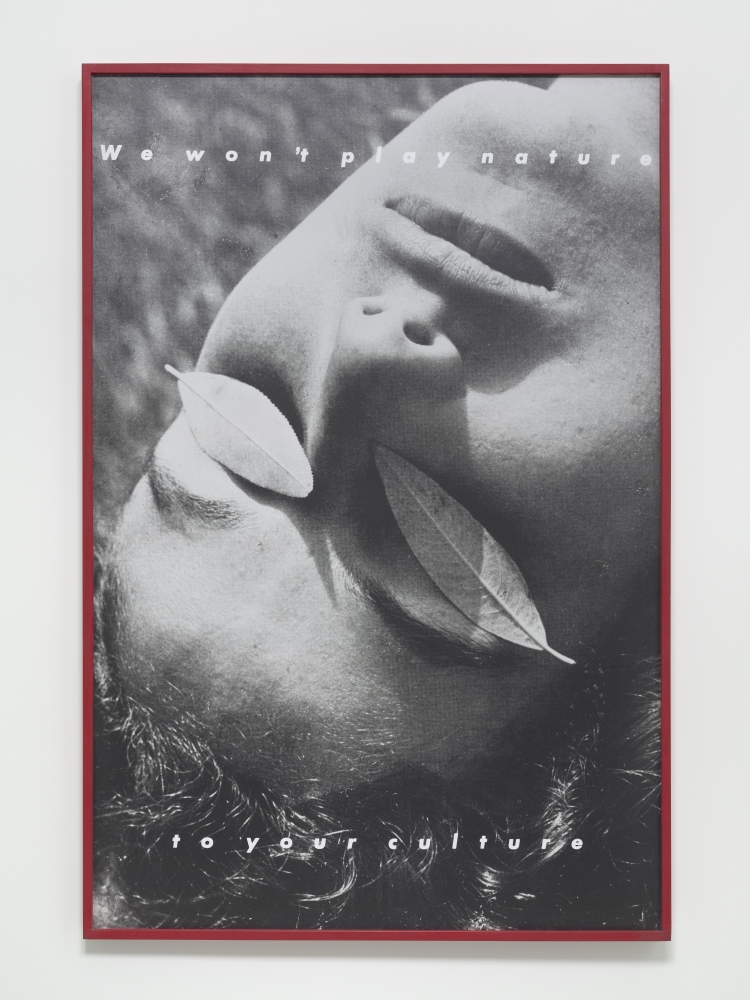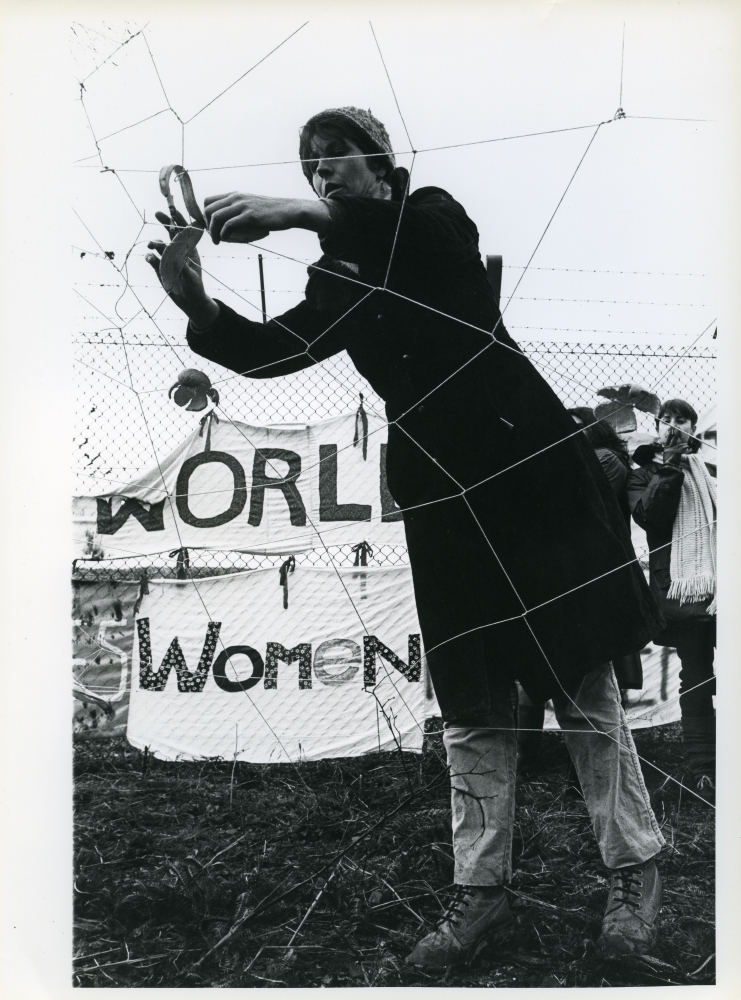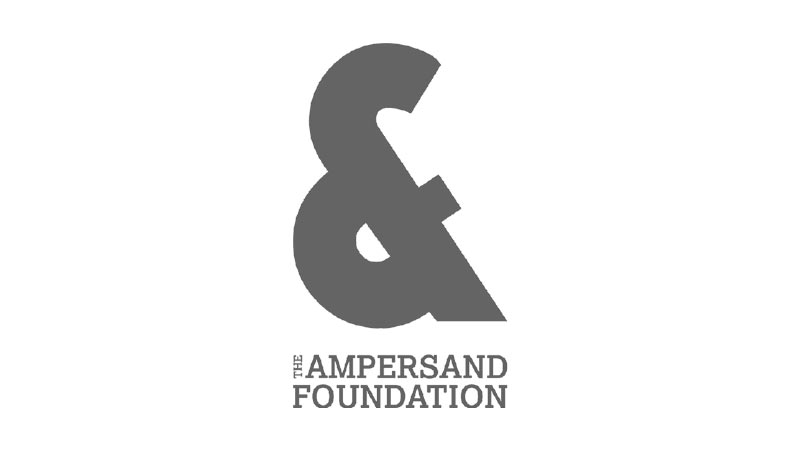Re/Sisters: A Lens on Gender and Ecology
Until 14th January. Barbican Art Gallery presents RE/SISTERS: A Lens on Gender and Ecology, a major group exhibition surveying the relationship between gender and ecology. It seeks to identify links between the oppression of women and the degradation of the planet.
While the scientific community has been debating the impact of climate change since the 1980s, the term seems to have become a buzzword in recent times, not least propelled by activists such as Greta Thunberg. However, despite women activists coming to the fore, current discourse has yet to adequately address the disproportionate impact of climate change on women.
As per a UN report, women tend to be disproportionately affected by climate change as “they constitute the majority of the world’s poor and are more dependent for their livelihood on natural resources.” Women also face more “social, economic and political barriers that limit their coping capacity”.
Re/Sisters: A Lens on Gender and Ecology, currently on display at the Barbican, is a timely exploration of the deleterious effects of climate change on women. Featuring works by around 50 women and gender non-confirming artists, Re/Sisters is a multimedia exhibition — comprising photography, film and installations — that surveys the “relationship between gender and ecology to identify the systemic links between the oppression of women and the degradation of the planet”. Among the artists are Ana Mendieta, Poulomi Basu, LaToya Ruby Frazier, and Chloe Dewe Mathews.
The exhibition is divided into six parts, focusing on themes including the politics of extracting resources, protesting against ecological destruction, caring for the environment, environmental racism, and embracing gender fluidity and queerness in the midst of societal structures. It encourages us to rethink how we view environment and gender in relation to each other, and “advocates for empowerment in the face of destruction, reflecting a radical and intersectional brand of eco-feminism that is diverse, inclusive, and decolonial”.
Far from escapism, Re/Sisters constitutes an unflinching encounter with the everyday. The images on display don’t convey beauty in the way one normally perceives it; on the contrary, Re/Sisters compels the audience to come face to face with lands which are stripped barren, hostile, even poisoned, as well as the women’s stories entrenched within them.
From photographs of women fighters in the People’s Liberation Guerrilla Army in Poulomi Basu’s Centralia, or Ana Mendieta expressing oneness with Earth through her “earth-body” sculptures, Re/Sisters encourages patient, considered viewing. Spread across two huge floors of the Barbican centre and featuring around 250 works, there’s a lot to take in.
Some viewers might wonder to what extent an exhibition like Re/Sisters: A Lens on Gender and Ecology will help towards improving the state of the climate and the plight of the women impacted by its degradation. Hopefully, Re/Sisters: A Lens on Gender and Ecology will prompt people to assess their own relationship to the world’s changing climate, and raise awareness of the oft-overlooked stories hidden beneath the headlines.
By Shyama Laxman

